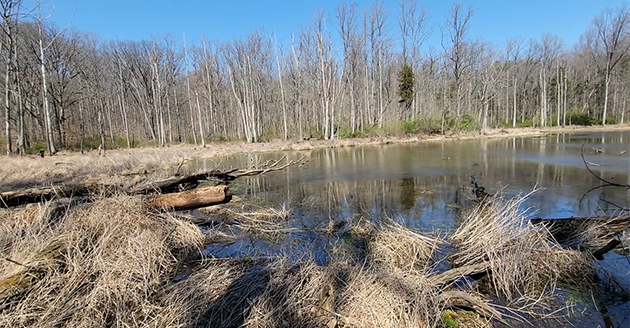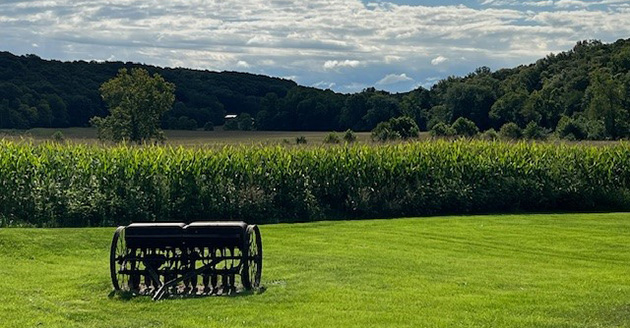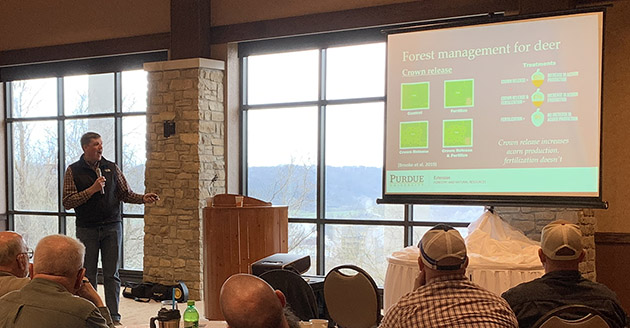Forestry and Natural Resources
Top Story
Top Story

Center for Global Soundscapes Study Will Record How Animals Respond to Solar Eclipse
Read More
Globally renowned faculty
World-class faculty impact the U.S. and beyond.
Students Impact the Future
98% FNR graduate students are successfully employed or continued with their education.
Cutting Edge Research Facilities
Research conducted with 25 forest properties across the state and 18 labs.
A new indoors ... for a greater outdoors.
We Need Your Support!
HAVE A QUESTION? CONTACT US
We are just one click away to help answer any questions you may have about courses, scholarships, research, extension, locations and how to become a partner of FNR.
Contact Us




